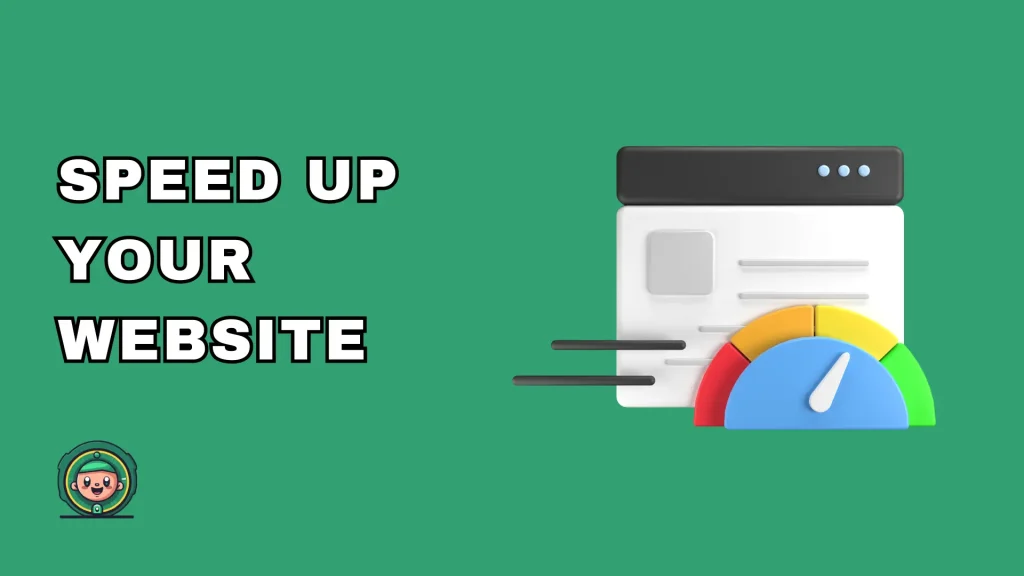As you read on, we'll talk about why you should speed up your website, which includes improvements on user experience, search engine rankings, and practical tips for optimization.

Wondering why your website is ranking so poorly on search engines despite making it look amazing with all the bells and whistles to offer the best possible user experience to your visitors?
Well, simply put, your website might be too slow. Moreover, by adding a ton of plugins and features, you might think that you made improvements on the usability of your website, but instead made it so slow, that people just don’t want to wait through the loading time and leave before they even get to experience its true glory. .
In this post, we’ll discuss why you should speed up your website and how to do it. Furthermore, we should clarify that site speed refers to how quickly a browser can load the entire webpage a visitor lands on.
Why is site speed important?
As we mentioned before, pages that take too long to load may cause frustration to your visitors, making them want to close out of your website before it even finishes loading. We can also quantify this phenomenon by measuring the bounce rate, where we can see the percentage of visitors who left your website after viewing only one page.
Therefore, site speed should be at the forefront of your mind, when you’re making an effort to create the best possible first impression for your visitors.
As for search engine rankings, you should keep in mind that Google prioritizes serving relevant information as quickly as possible. Furthermore, you should especially focus on your website’s performance on mobile devices, since more than half of people accessing the World Wide Web do it via their phones or tablets.
What factors affect site speed?
As we mentioned above, one of the major factors affecting site speed is the amount of resources a browser needs to fetch to load your web page completely. We can count large unoptimized JavaScript and CSS files and high-resolution, uncompressed images and videos.
You should always keep in mind that nowadays high-speed internet access isn’t all that rare anymore, which means that when it comes to site speed, every byte matters if you want to gain an advantage over your competitors.
Therefore, all those files together add up when it comes to getting it all loaded on your visitor’s screen, and should be managed carefully to minimize their overall weight.
Another important factor that we should consider is that, although the majority of users might have a fast internet connection, there will be some that don’t. And for those few, the site slowness will be far more noticeable when your website loads unoptimized files to their screen.
How to improve site speed?
To even know where to start, you should first measure your website’s performance. One such tool that can give insight into that is PageSpeed Insights, which is also one of the most popular tools.
Furthermore, you can get all sorts of information from testing your website’s performance with this tool, like scores for metrics that measure various aspects of a page’s performance along with suggestions for making improvements on it.
Therefore, it’s a perfect tool that can guide you through the initial steps toward making your website more optimal for browsers as well as making it more user-friendly. We’re also going to mention what these steps might be and what they entail here.
Optimize images
Images are one of the largest, if not the largest pieces of content that gets loaded on visitors’ screens when the page loads. Therefore, it’s sensible to optimize their size without sacrificing their quality.
